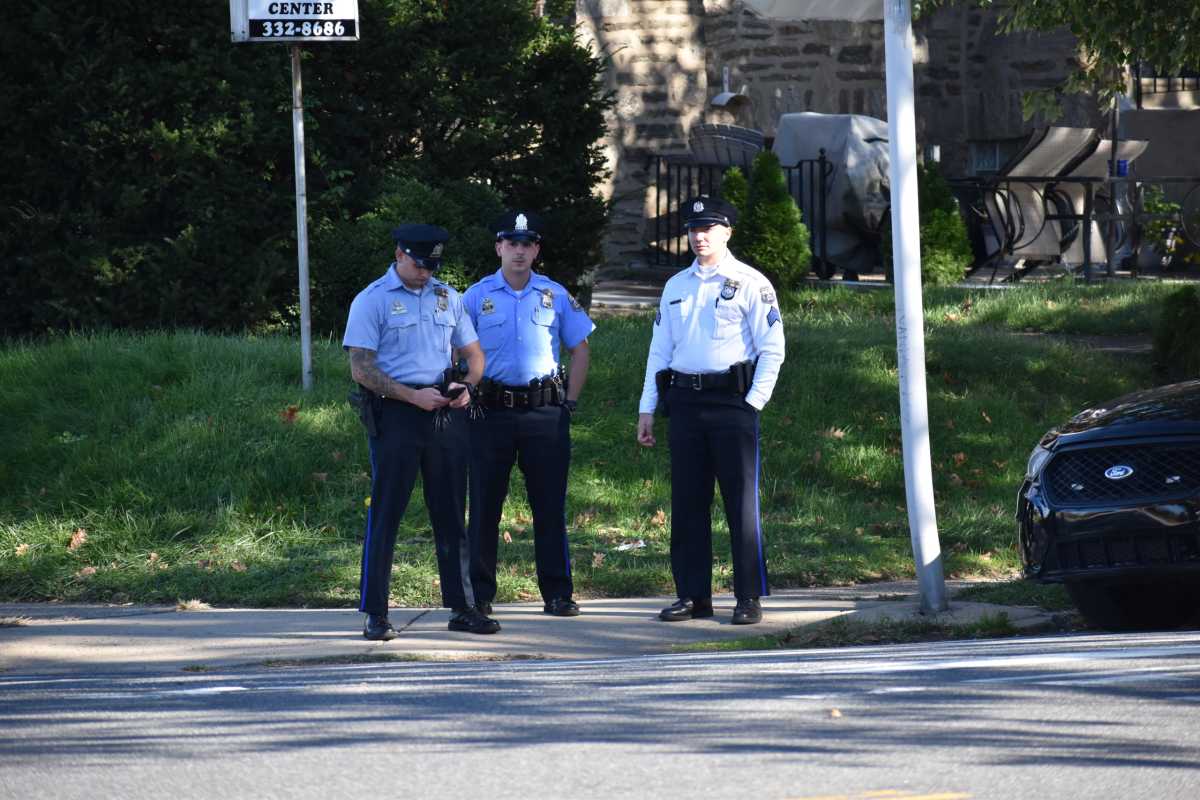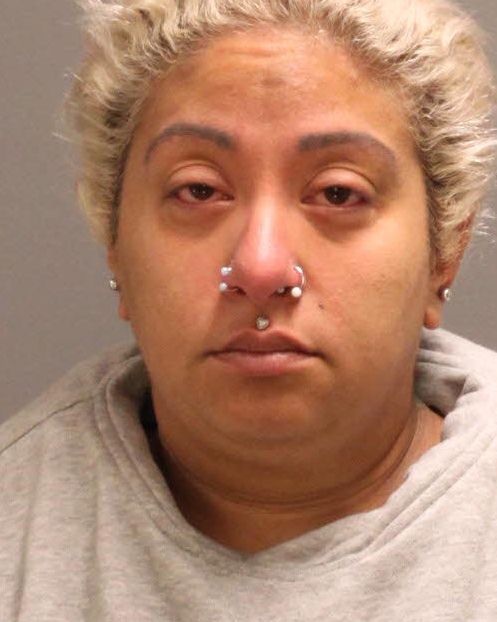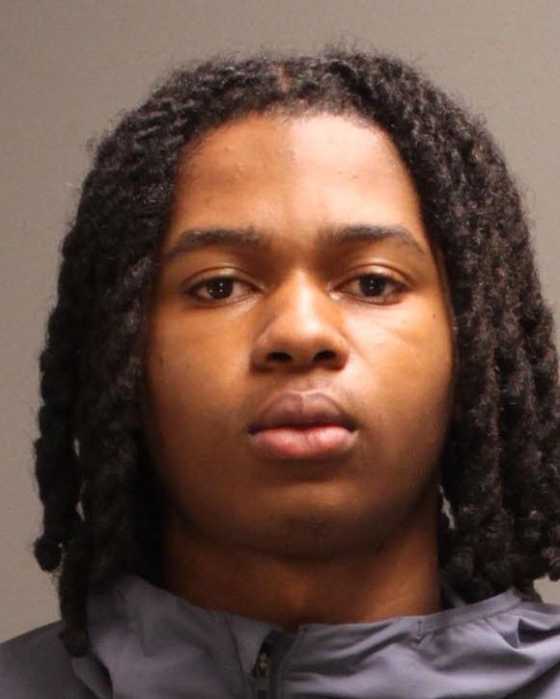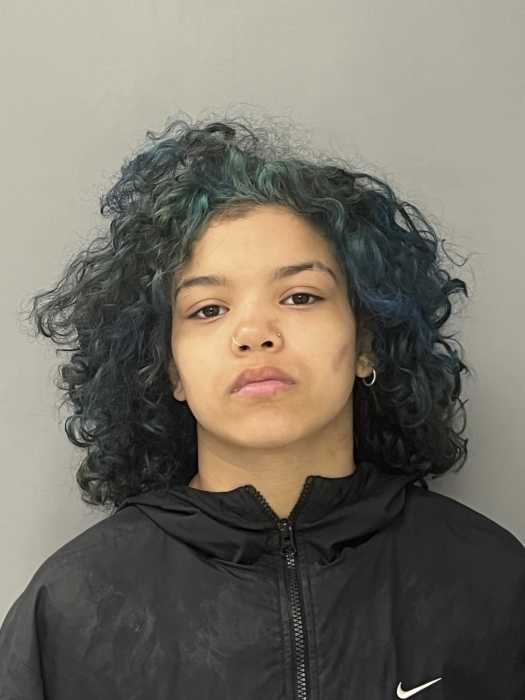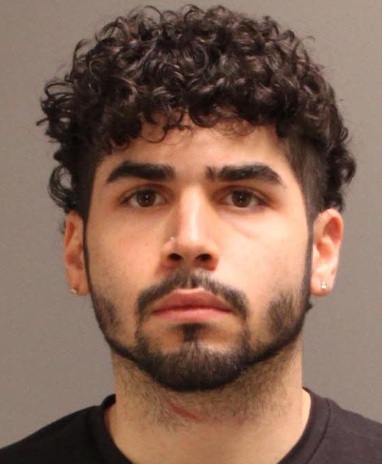On Oct. 24, Dominik Herrera was shot outside his family’s Mayfair home—counting him among the more than 2,265 people shot in Philadelphia this year.
For six weeks, Herrera, 17, and his family lived in fear before eventually moving out of Philadelphia. No arrests have been made and the shooters are still at large.
What follows is his story, put together through a first-person account from both Herrera and his mother, Taylee De Castro. So far, no arrests have been made in the ongoing investigation.
Oct. 24, 2022 – 7:30 p.m.
Taylee De Castro, Dominik’s mother, is preparing dinner for her family in their Mayfair home when the family dog, Pablo, runs outside abruptly. The dog approaches two female neighbors as De Castro quickly chases after her dog. The neighbors proceed to assault De Castro and levy threats of further violence against her, including threatening to shoot her. De Castro goes inside and calls the police to report the incident.
Oct. 24 – 8 p.m.
Police officers arrive at the De Castro residence and listen to the mother’s account of the encounter, then approach the two women. Officers speak with the women for a few minutes and inform De Castro that they were unable to identify the women. The officers leave.
Oct. 24 – 8:20 p.m.
“I was heated. I was very angry, so I stayed outside,” recalls De Castro. Several members of the De Castro family sit on their front porch, then two men walk up to the house. The men allegedly fire shots at the family home, shooting 17-year-old Dominik in the thigh.
Dominik and his brother run around the back of the house and go into the garage for safety. His brother then runs upstairs to tell the family that Dominik has been shot.
“Everybody’s freaking out. The dog’s freaking out. And about five minutes later, the cops get there and they just take me out,” Dominik explains.
The same police officers who came before the shooting return and escort the family to Jefferson Torresdale Hospital.
Oct. 24 – After 9 p.m.
Dominik has no damage to his vital organs.
“I thank the Lord he had no permanent damage. It was just his muscles. But the bullet was a centimeter from his artery and two centimeters from his bone,” says De Castro.
“They found a fragment in my leg, but they don’t do anything with it cause it would damage my leg more. After that, they put me on pain meds and just had me chill out for a little bit until my mom could come in,” explains Dominik.
The teen is discharged from the hospital the same night of the shooting. Rather than returning home, Dominik says he felt safer staying with his sister.
Oct. 25 – One day after the shooting
Around 10 p.m., officers arrive at the De Castro residence and ask Dominik’s mother to identify the assailants.
“I’ve never had problems with no one like that. It was dark and I didn’t really look at features and I didn’t know (any) of these people,” De Castro says.
After police left, De Castro talks to other neighbors and was able to identify the women and find their social media pages.
Oct. 26 – Two days after the shooting
“Tuesday I spoke to the police, and then I started calling them maybe every other day. And no response, no replies to my text messages, and no communication whatsoever after that night,” De Castro says.
Nov. 1 – Seven days after the shooting
The De Castros have not felt safe in their own home and have been seeking relocation options. Christine Maxwell, the non-fatal shootings coordinator with the District Attorney’s office, informs De Castro that “usually our office can’t assist until after there has been an arrest in the case or there is a clear instance of intimidation, but I will do my best to ensure you get some type of help.”
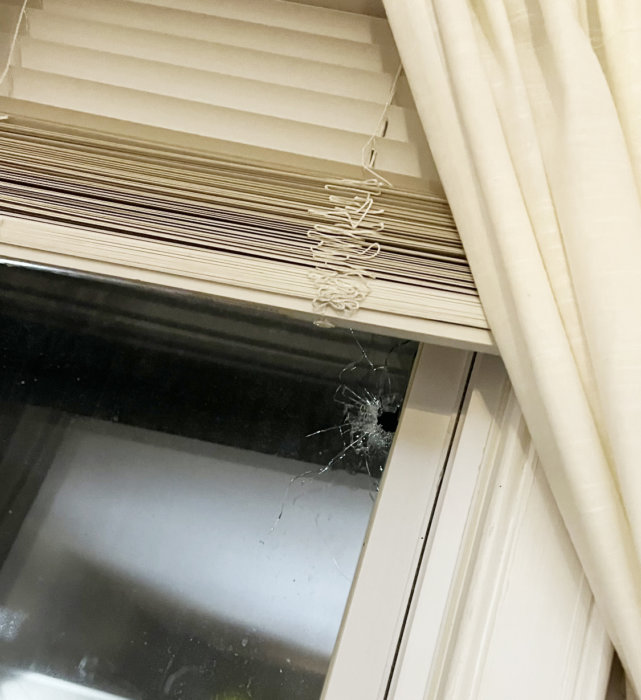
Nov. 2 – Eight days after the shooting
De Castro arrives at the police station and speaks to two detectives on the case.
“They told me that they had a search warrant on the house. He told me that they’ll be out Thursday morning between 6 and 7 a.m. to serve the warrant,” she said.
Nov. 3 – Nine days after the shooting
The warrant was not served.
Maxwell informs De Castro that she has gotten “a referral from the detective and have sent it to the relocation supervisor for her to review. She should be reaching out in a few days.”
De Castro submits a complaint to the Internal Affairs office about the police’s handling of the original shooting threat.
Nov. 4 – 10 days after the shooting
Police go to the De Castro residence around 10 a.m. De Castro explains to police that now has information on the woman she believes was responsible for the initial assault, including “her social media, her parents’ information, and where she works.” Police ask the mother for information where the assailant worked.
Dominik moves from his sister’s house to his best friend’s house, still afraid of returning home.
“The first couple days after leaving the hospital, it was super rough mentally and the more days that came, the harder it got,” Dominik explains.
Nov. 8 – 11 days after the shooting
Internal Affairs sends De Castro a letter confirming that they have received her complaint and will “be following within the next 10 business days” and that “The Philadelphia Police Department takes all complaints against its employees seriously.”
Nov. 14 – 17 days after the shooting
Detective Anthony Manes checks on De Castro via email, expressing that he’s submitted the request for relocation to the DA’s Office and goes as far as apologizing for the miscommunications between the departments.
“As I explained to you at your house, they are their own entity, and don’t have to answer to us, unfortunately,” Manes explains.
Nov. 21 – 28 days after the shooting
De Castro has gone weeks without hearing anything substantial from police, despite her constant checks-ins with the Philadelphia Police Department and Internal Affairs.
The Philadelphia District Attorney’s Office provides De Castro with a check for first and last month’s rent, plus a security deposit to move.
Nov. 28 – 35 days after the shooting
Manes informs De Castro that an arrest warrant for Breana Gore has been approved, then proceeds to ask De Castro if she “has seen her or her vehicle at all recently?” and shares that “if we cannot find her at home we will be going to the work address next week.”
Dec. 1 – 38 days after the shooting
The De Castro family receives the keys to a new property. No arrests have been made.
Dec. 4 – 40 days after the shooting
Dominik returns to his family home, where he was shot, to pack up his belongings for the upcoming move.
Dec. 7 – 43 days after the shooting
The De Castro family moves out of Philadelphia.
Dec. 17 – 53 days after the shooting
Manes informs De Castro that the police have arranged for Gore to turn herself in on two separate occasions but she did not show up. Manes reiterates that “we are going to try to go to her work this week.”
Dec. 26 – 62 days after the shooting
De Castro has heard nothing from Philadelphia police since Dec. 17, and the suspects are still at large.
•••
According to the Office of the City Controller, Dominik is one of 218 victims of gun violence that are under the age of 18 who have been shot in Philadelphia this year.
Amaury Ávalos, Philadelphia Police Communications Director, informed Metro that there are no specific protocols for protecting minors who have been shot and explained that “the programs and procedures to relocate victims of gun violence are currently limited in scope.”
Bureaucratic fumbling between the Philadelphia Police Department and the District Attorney’s Office have forced the De Castros to reside in the scene of a shooting for the last 43 days — adding to Dominik’s mental strain.
“I think people should know that there’s so much that could be done that hasn’t been done,” Dominik continues. “I haven’t gotten an explanation, I haven’t gotten anything of the sort. All I can do is sit and wait. All I can do is just work on my mental health, be afraid and just move.”



